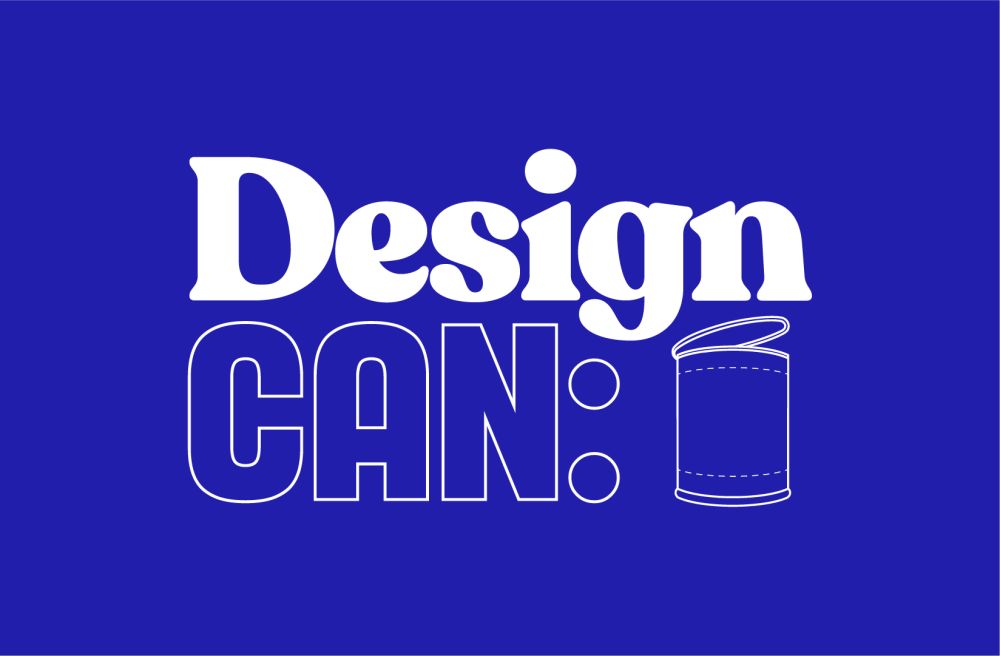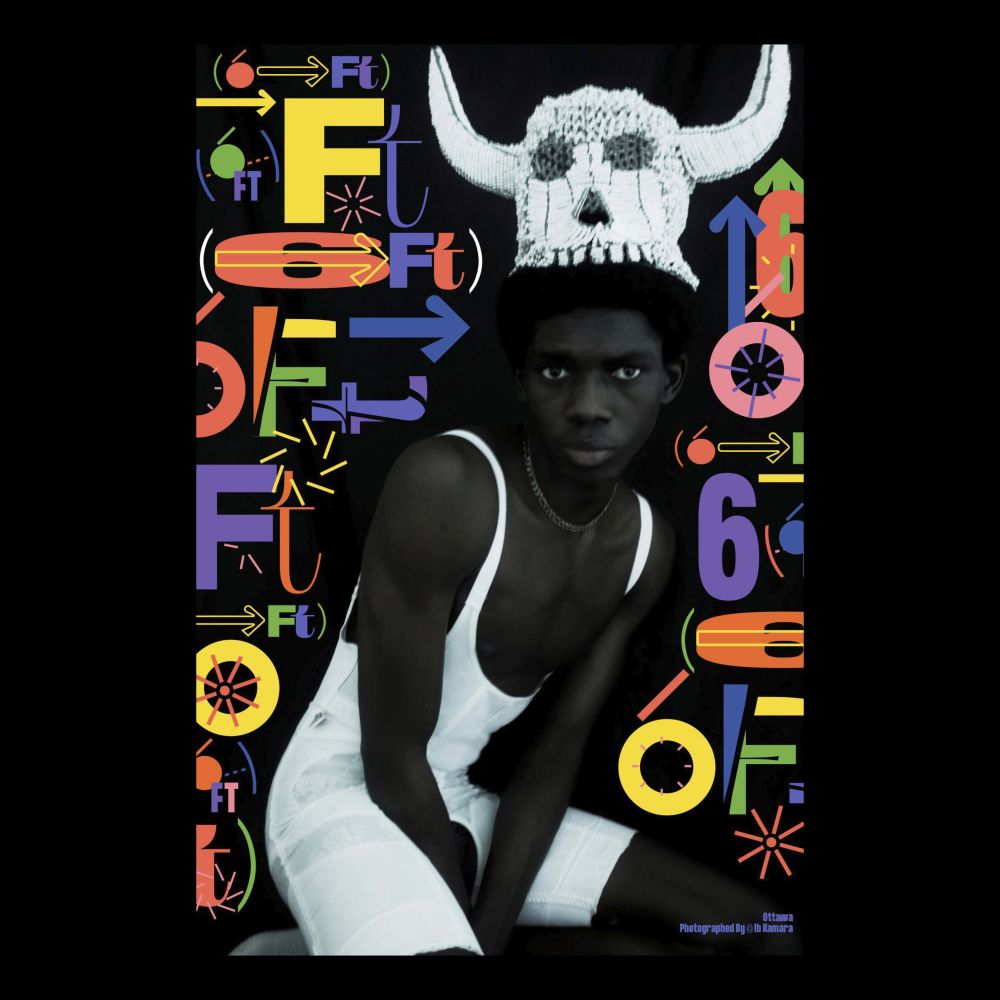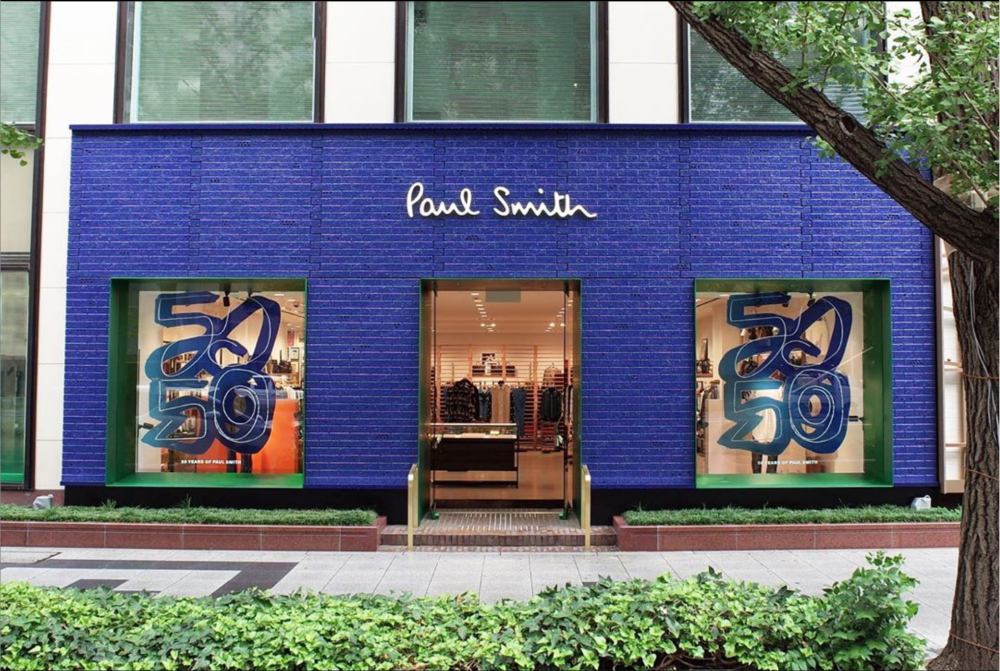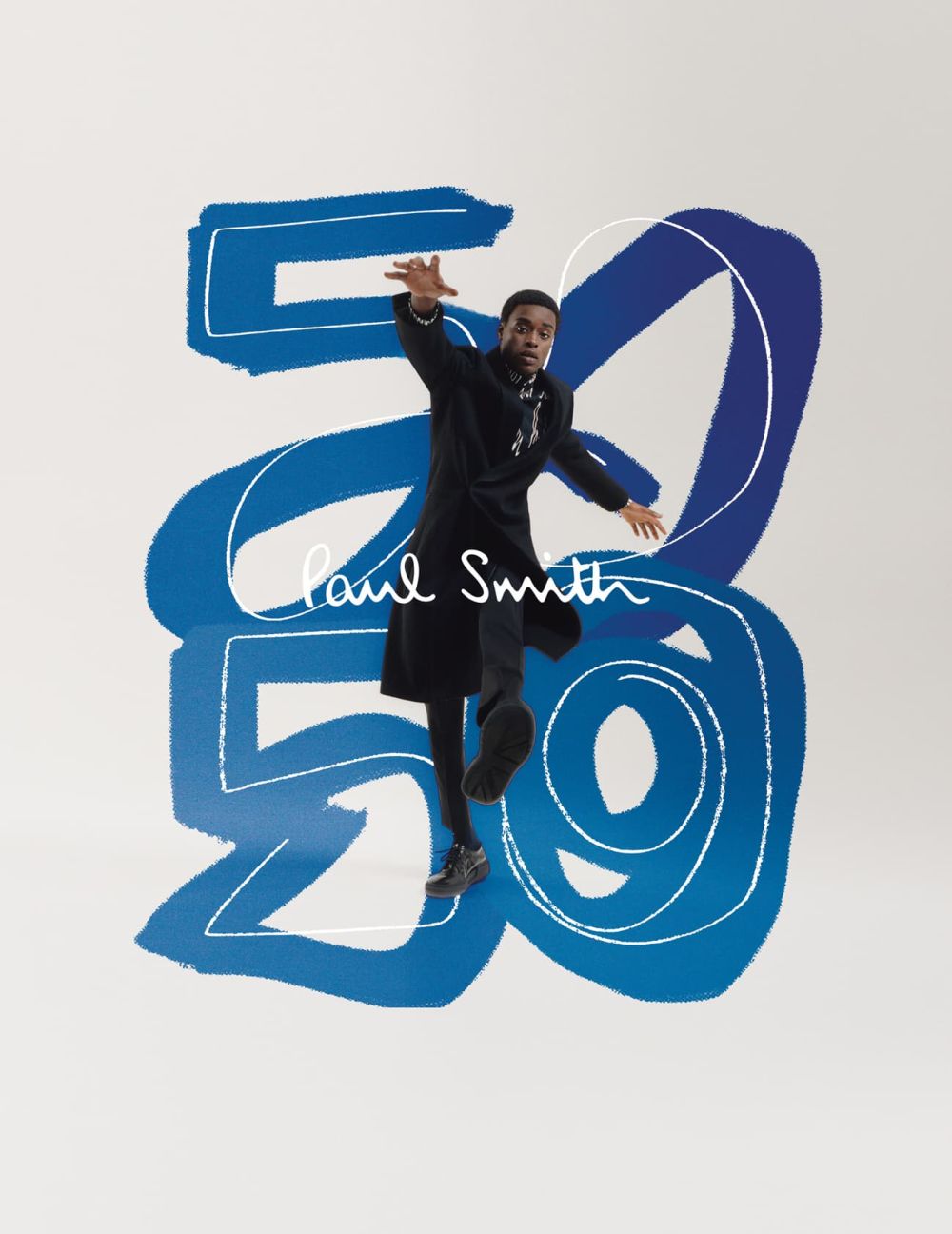Back in August, University of the Arts London's (UAL) Alumni of Colour Association (AoCA) held an open surgery for UAL graduates of colour. Organised as part of Starting Out, a series of events for UAL 2020 graduates, the online discussion covered a wide range of topics, offering advice on how to best stand out from the crowd, managing your own expectations, and that there are some benefits to graduating into crisis! For those who missed the event, we’ve rounded up the top takeaways from the engaging discussion.
About the panel:
- Chair: Richie Manu (AoCA Vice President). Richie is a Central Saint Martins (CSM) alumnus and also Senior Lecturer/Course Tutor for MA Applied Imagination in the Creative Industries, who is has been on the front line with his students throughout this year.
- Halime Özdemir (AoCA Head of Communications). Halime is an active International Arts Producer, and having graduated in 2008, during the last global recession, she knows the challenges of graduating into a crisis.
- Jonathan Quaade is a Danish-Ugandan graphic designer and developer who currently works with Future Corp.
- Wei Prior is a British, Egyptian, Chinese independent Graphic Designer.
Jonathan and Wei both graduated in 2019 from the BA (Hons) Graphic Communication Design at CSM. They now work together as part of a collective called Not Flat 3 where they work on socially engaged projects such as Design Can.

Manage your expectations
For all the members of our panel, the opportunity for growth and networking came from unexpected places, and not necessarily places that they saw themselves working in the long term.
For Halime, there was a massive benefit to taking on temporary work after graduating, because even if it’s not in the field that you want to be in as “you will learn so many other skills that will benefit you when you do eventually get into the right industry for you, and you will grow and evolve so much more.”
Wei found that, despite having worked incredibly hard, and been extremely engaged on his course, getting to where he wanted after graduation took longer than expected. He started freelancing and had to work in studios in order to build up his network. A year on Wei is “starting to now work on the kind of projects I want to, like working with FKA Twigs, which is amazing, but it took much longer than I expected.”
After his graduate show, Jonathan was offered an internship at a studio in London. The internship was only for two months but "you can learn so much in a short time. Working in a studio is quite different to being at university and so getting the next [role] when you have one under your belt already is significantly easier.”
Reach out and network
The panel also discussed the importance of building up your network, and how reaching out to people you admire within the industry and asking for advice can be a really beneficial way to make connections.
Jonathan made the point that, since the pandemic, people are much more receptive to helping others and giving advice as “in a way it is almost easier to get people’s attention than before.” Whilst the challenge at the moment is that there are fewer jobs, he added that “if you reach out in a different way, not necessarily asking for a job, but asking for advice, showing people your portfolio, you will then be in people’s consciousness if a job arises.”
Halime agreed: “even the most successful people will spend five minutes in a corridor with you to give advice, but you just have to ask. Get in contact with people and ask for help - it takes guts and creativity, but this will eventually be rewarded.”
It’s also about being creative in making yourself stand out, like Wei; “I made my CV look like an Amazon receipt and sent it out to loads of studios. I thought they would have to open it because they would be curious about what they had ordered.” And it worked! One studio found it incredibly funny and offered him a freelance job.
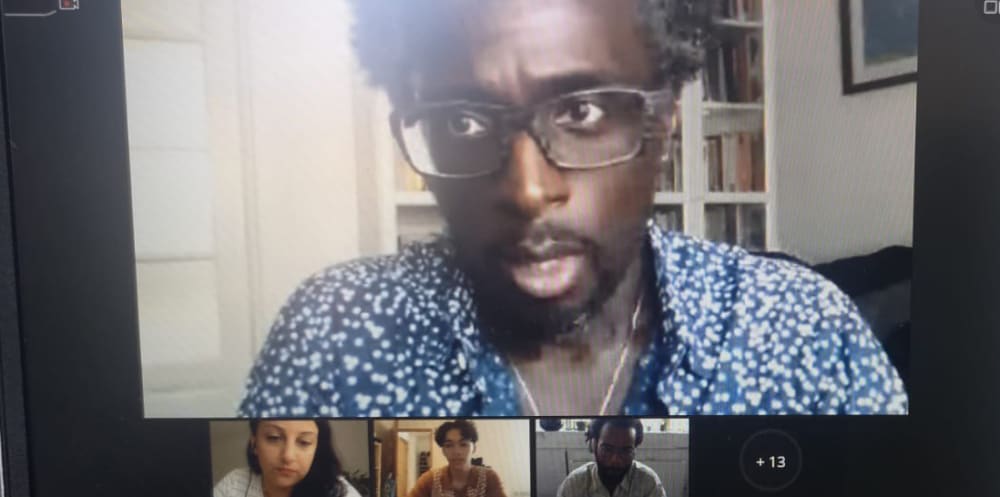
Create a multi-disciplinary practice
Our speakers have all continued learning after graduating; learning things outside of your practice and developing other skills will only broaden your horizons.
Halime sees learning as integral as “learning gives you a kick and a rush and it’s something that you should always be doing.” As a curator of public art installations, a key part of Halime’s role is being able to communicate with all sorts of different people, as she works with builders, contractors, architects and foundries. She’s had to focus on developing communication and language skills; skills which aren’t taught directly at UAL. But she also pointed that you shouldn’t be hard on yourself if you’re not amazing at something, explaining that “[it’s about knowing] your strengths and focussing on what you can do well.”
Wei’s own experiences matched this. He said: “After gaining some initial freelance experience in a studio I decided to work on a charity project called 6 foot, which raises money for a UK LGBTQ fund. It was from that I started getting the work that I have done now, and have started to reach those expectations that I had originally thought I would be reaching straight out of UAL.
“Really push yourself to continue to try out new things – and have fun while you are doing it, because as soon as you are, other people will notice it, and that will be the thing that shines through the most. People will reach out to you to work more because they enjoy what you are doing.”
It’s not all bad!
2020 has been a challenging year for everyone, but particularly for our new graduates. The panel all highlighted that graduating during a crisis makes the class of 2020 more resilient to change and better equipped to cope with uncertainty.
Halime has experienced this first hand, having graduated during the financial crisis in 2008. At the time, she worked as a museum’s assistant alongside her studies and overnight saw many people she worked with lost their jobs. She spoke about how her experience:
“This instilled a fear in me, and I decided to proactively work on developing my own soft skills, just in case this ended up happening to me. I started copyrighting, designing and editing on the side, which helped me to develop my skills. I constantly teach myself and learn skills which means I have more to offer a client, and I can be more competitive. It gave me that fire in my belly to keep learning and churning, to keep my eye out and never put all my eggs in one basket.”
Being vulnerable with people you trust can also be a strength, with Jonathan advising to “be really open to your peers and the people you trust about your situation, and people will respond in a positive way. You and your peers are all sharing the same experience, so support each other and don’t be afraid to open up and make yourself vulnerable.”
You’re not alone
The AoCA is a supportive community that works to increase the visibility of people of colour in the creative industries - and celebrates their work and achievements.
There’s also a lot of support offered by the UAL Careers and Employability services, something which Jonathan and Wei both signed up to when they graduated. They offer free events to support you in practical things such as how to freelance, and managing finances. Jonathan also joined the UAL Mentoring scheme; “I have had a mentor for the last six months who has been helping me set my expectations and goals, and has offered a lot of great advice.”
Selection of Not Flat 3's work
A massive thank you to Richie for chairing this event and offering his invaluable expertise throughout the discussion.
If you would like to find out more about the AoCA, join their mailing list and take part in their future events, email: aoca@arts.ac.uk.


